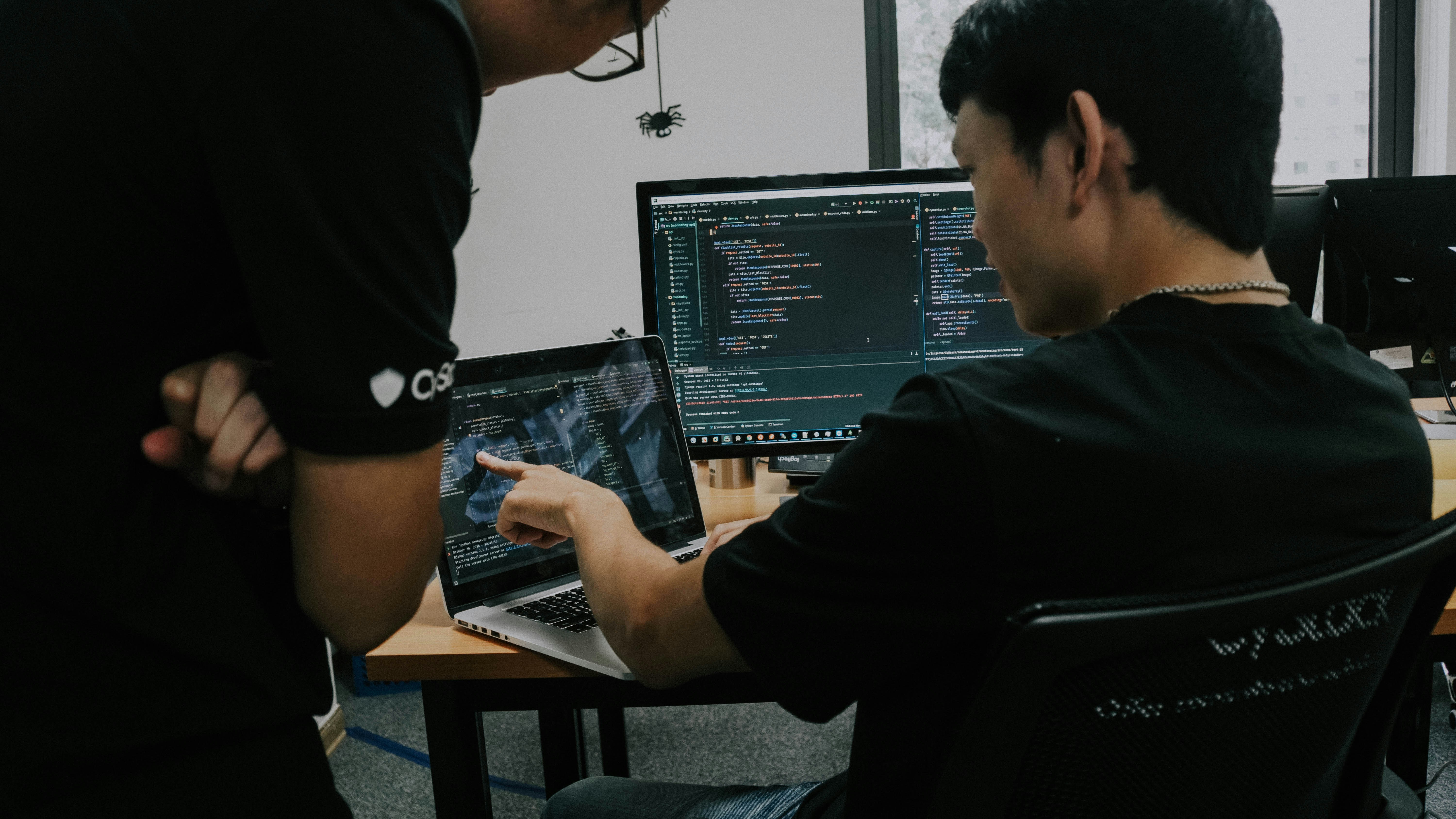Managing a remote Laravel developer effectively requires more than just assigning tasks and waiting for results. It’s about building a workflow that fosters accountability, communication, and trust while leveraging the developer’s expertise to achieve your project goals. Treat remote collaboration as a structured process rather than a casual arrangement.
Clarity is everything. A remote Laravel developer you hire needs a well-defined scope, clear deliverables, and realistic deadlines. Provide a detailed project brief with examples of similar projects. Use bullet points to outline tasks:
- Break features into smaller, manageable tasks (e.g., user authentication, dashboard, API integration).
- Assign priority levels to each task (high, medium, low).
- Include expected outcomes (e.g., “Login API should handle 1000 concurrent users”).
- Use project management tools like Trello, Jira, or ClickUp to track tasks and progress.
Communication is critical. Encourage daily or weekly check-ins, depending on project pace. Recommended tools for managing a remote Laravel developer workflow include:
- Slack or Microsoft Teams for messaging and updates.
- Zoom or Google Meet for video calls.
- Loom for asynchronous screen recordings explaining complex features.
Version control and documentation are essential. Tools and best practices for a remote Laravel developer include:
- Use Git + GitHub/GitLab/Bitbucket for code management.
- Maintain clear commit messages (e.g., “Added REST API endpoint for product listing”).
- Document API endpoints and workflows using Postman, Swagger, or Notion.
- Keep README files updated with setup instructions for new team members.
Performance and quality assurance should be non-negotiable. Implement unit and feature testing using PHPUnit or Laravel Dusk, conduct code reviews via Git pull requests, and deploy to a staging environment using Forge, Envoyer, or Docker to test before production. Encourage your remote Laravel developer to use code formatting tools like PHP CS Fixer or Prettier to maintain consistency.
Time zones can be leveraged rather than avoided. Plan overlap hours for critical discussions, use shared Google Calendars for meetings, and encourage asynchronous updates via project boards and messaging tools.
Building trust and motivation is essential. Focus on outcomes rather than hours logged, provide constructive feedback regularly, and acknowledge achievements to boost morale and engagement for your hire remote Laravel developer.
Long-term collaboration offers huge advantages. Developers familiar with your codebase reduce onboarding time, and continuous improvements over multiple projects increase productivity and code quality. For example, hiring the same remote Laravel developer for API integration, dashboard upgrades, and feature expansion ensures consistent architecture and fewer bugs.
Managing a hire remote Laravel developer effectively requires clarity, structure, communication, accountability, and trust. Using the right tools and strategies transforms distance into an advantage, allowing your business to leverage global talent efficiently.


